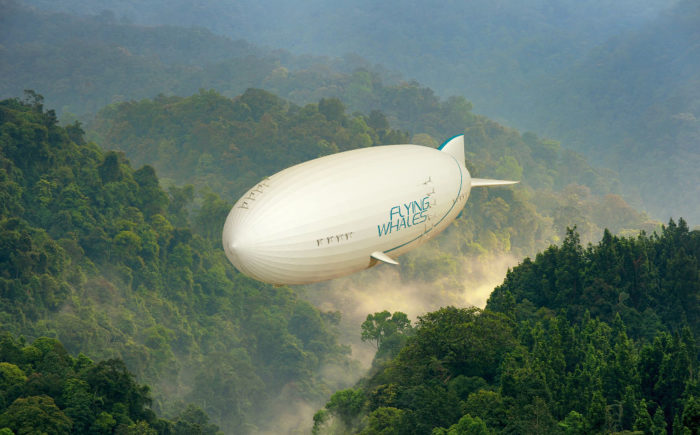
To ensure the structural integrity of the airship, Testia and Flying Whales joined forces: starting this spring, they are conducting a study to define the best strategy for in-service structure failure detection on the inner framework of the LCA60T. This strategy may rely on a smart combination of Non-Destructive Testing, Structural Health Monitoring and other Passive Sensor Networks methods.
Enabling a safe modern form of air cargo transport thanks to decades of aerospace inspection expertise
Everything in aerospace relies on high security standards and it is part of Testia’s mission to contribute to the integrity of aerostructures. With 30 years of experience in this field, we can serve as an end-to-end partner for Flying Whales: Supporting with feasibility studies, developments, industrial solutions and qualifications – for Technology Readiness Levels (TRLs) 4/5 up to 9. This holistic approach provides an important backing especially for this complex project, as the LCA60T requires to build a new certification standard dedicated to airships, we will share our experience of structure integrity solution design with Flying Whales.
Many aspects need to be taken into account to find the best approach for the structure failure detection. The solution has to be very light, fast, comprehensive, reliable, cost-efficient and has to use no power from the airship itself. The study will analyze a variety of approaches and technologies to take up the challenge. This will be a collective project involving experts from several Testia teams in Nantes, Toulouse, Ottobrunn and Bremen. One further partner will be the IRT Jules Verne research center.
The study is the first concrete step of the collaboration between Flying Whales and Testia. But it will build an important foundation for the further progression towards a new rise of airship transportation.
Image © Flying Whales
